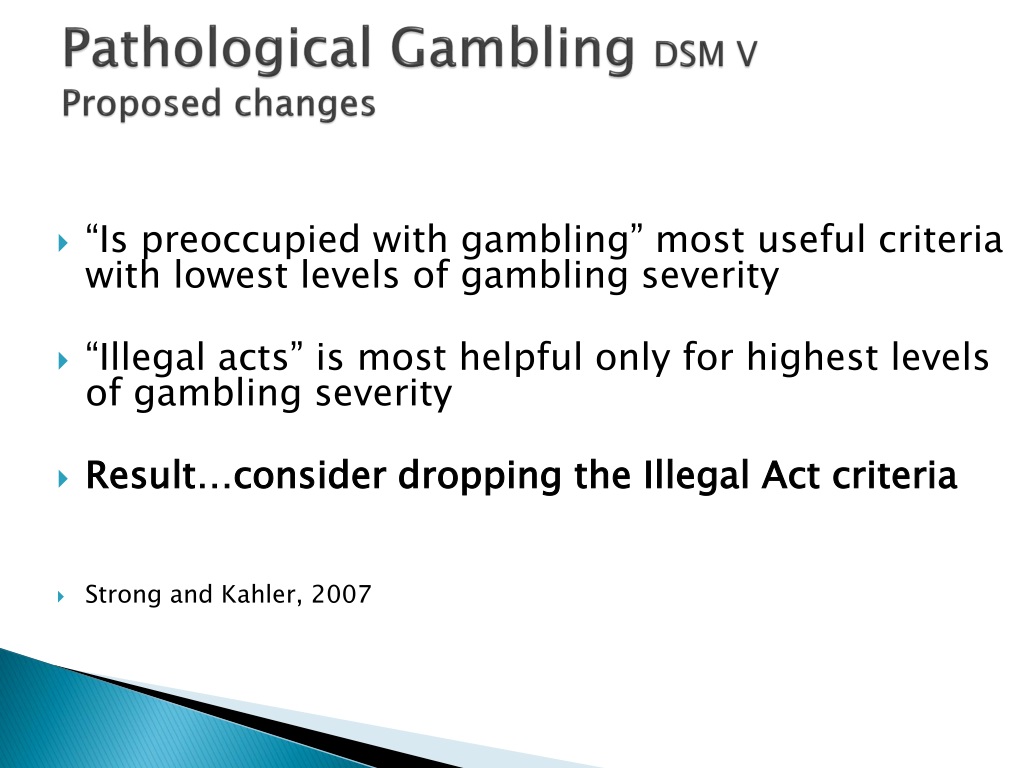

Historically, the word ''gambling" referred to playing unfairly or cheating at play. These varied views have stimulated debate and controversy. Consequently, the act of gambling has been considered by various observers to provide evidence of recreational interest, diminished mathematical skills, poor judgment, cognitive distortions, mental illness, and moral turpitude. In the absence of an agreed-upon nomenclature, these and other groups interested in gambling and gambling problems have developed different paradigms or world views from which to consider these matters. The nomenclature must also reflect a variety of perspectives because research scientists, psychiatrists, other treatment care clinicians, and public policy makers tend to frame questions about gambling differently, depending on their disciplinary training, experience, and special interests. A nomenclature inclusive of pathological gambling must be suitable for use in scholarly research, clinical diagnosis and treatment, and community and other social contexts. Nomenclature refers to a system of names used in an art or science and is critical in conceptualizing, discussing, and making judgments about pathological gambling and related behaviors. A discrete, acceptable, and useful definition of pathological gambling would be based on a nomenclature applicable in a wide diversity of contexts (American Psychiatric Association, 1994). Understanding the extent and nature of pathological gambling, as well as its social and economic impact, requires as clear a definition as possible.

Terms used to describe behaviors in similar contexts or venues have an influence on how those behaviors are defined and viewed.


 0 kommentar(er)
0 kommentar(er)
